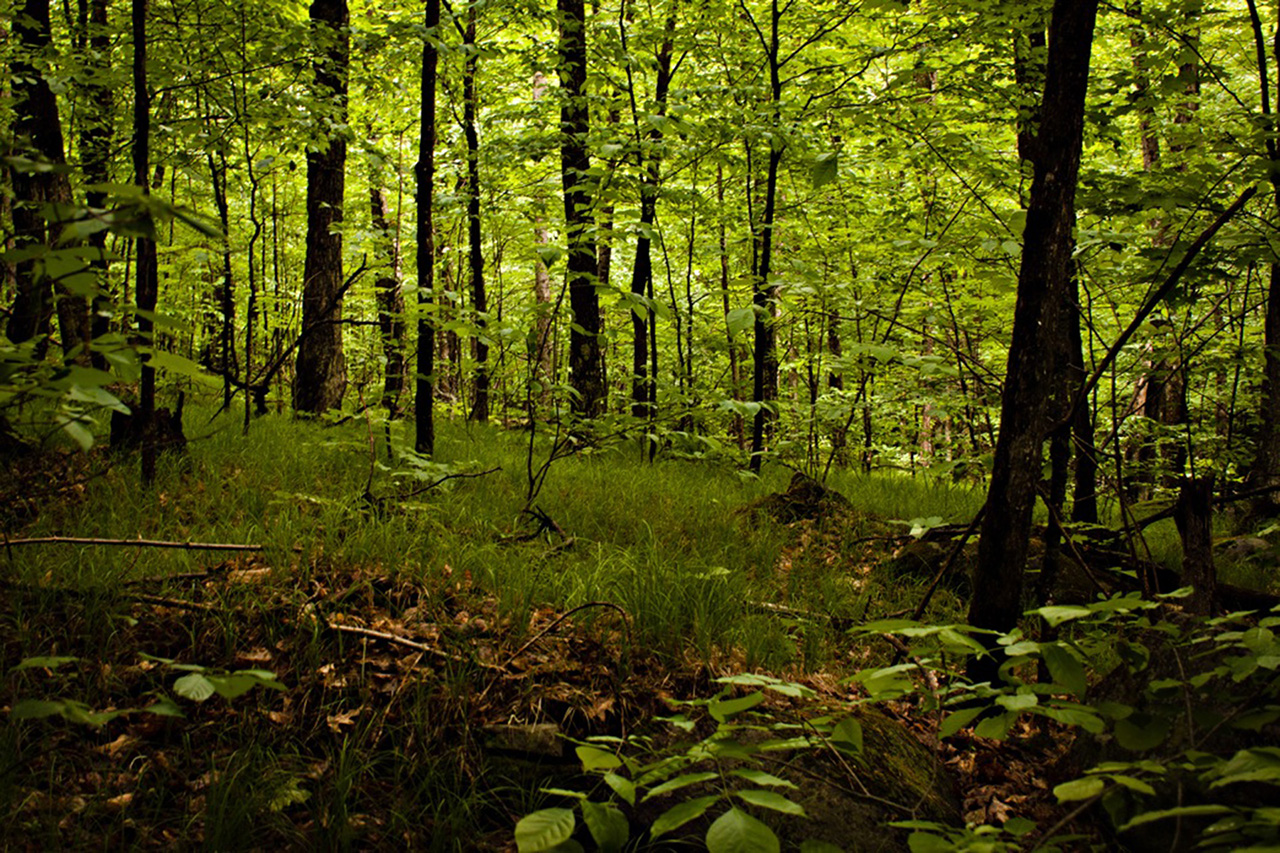Dear all,
When I started this weeks Food for Thought I was going to share the article, seven magic mental health questions that every teacher should know. I still recommend that you read it but after this introduction. When I first read the article I took it at face value identifying difficult problems that we are constantly facing as we try to walk the talk of our mission whilst balancing that with our own workloads and life balance. Our mission encourages us to be welcoming and supportive of all our students but finding the time for this can be challenging. Hence my original thought was that this article might be of interest as it outlines seven questions that we can use to maximize the time that we give to students when we notice they are not firing on all cylinders, are stressed or have a problem. We could probably use the same questions with our colleagues when we note they are not their positive selves.
But then my mind started to go deeper and think about the framework that these questions started to create. This reminded me of the philosophy of stoicism and how we can control our lives by following well defined set of principles.
This started me thinking about empowerment and our desire to give students the skills necessary to take control of their lives. This provoked me to do some research and I began to realize how many characteristics of a stoic philosophy would be very useful for our students in facing the challenges of the 21st century. Especially as this philosophy is not passive but encourages the taking of action. During my search for information I came across this TED talk by Tim Ferris where he talks about how defining fears rather than goals has helped to set him free from depression and anxiety. When you watch this TED you will clearly see how useful his structured approach to facing fears could be for empowering our students to take control of their lives.
Throughout my research into stoicism Seneca was mentioned many times and this quote was a key one for Tim Ferris. I found this interesting because it links with what we learn about our mind from mindful guru's such as Eckhart Tolle.
So, I have added a short talk by Eckhart Tolle talking about how our mind creates a delusion of self which is framed by words and statements that create concepts that the mind seeks to use to frame who we think we are. Of course if we apply the Tim Ferris framework to thought generated by the left of our mind and our ego the it would help us uncover their true meaning and perspective and counter them with truer logical thoughts. Great leaders such as the Roman Emperor Marcus Aurelius and Nelson Mandela applied the principles of stoicism to their leadership and life's. Marcus Aurelius even created a set of meditations that encouraged stoic thinking.
Now when you read the article Seven Magic Mental Health Questions Every Teacher Should Know you can put them into a deeper philosophical framework of stoicism that could reinforce our mission goal of empowerment.
Have a good Sunday,
Yours
Adrian

